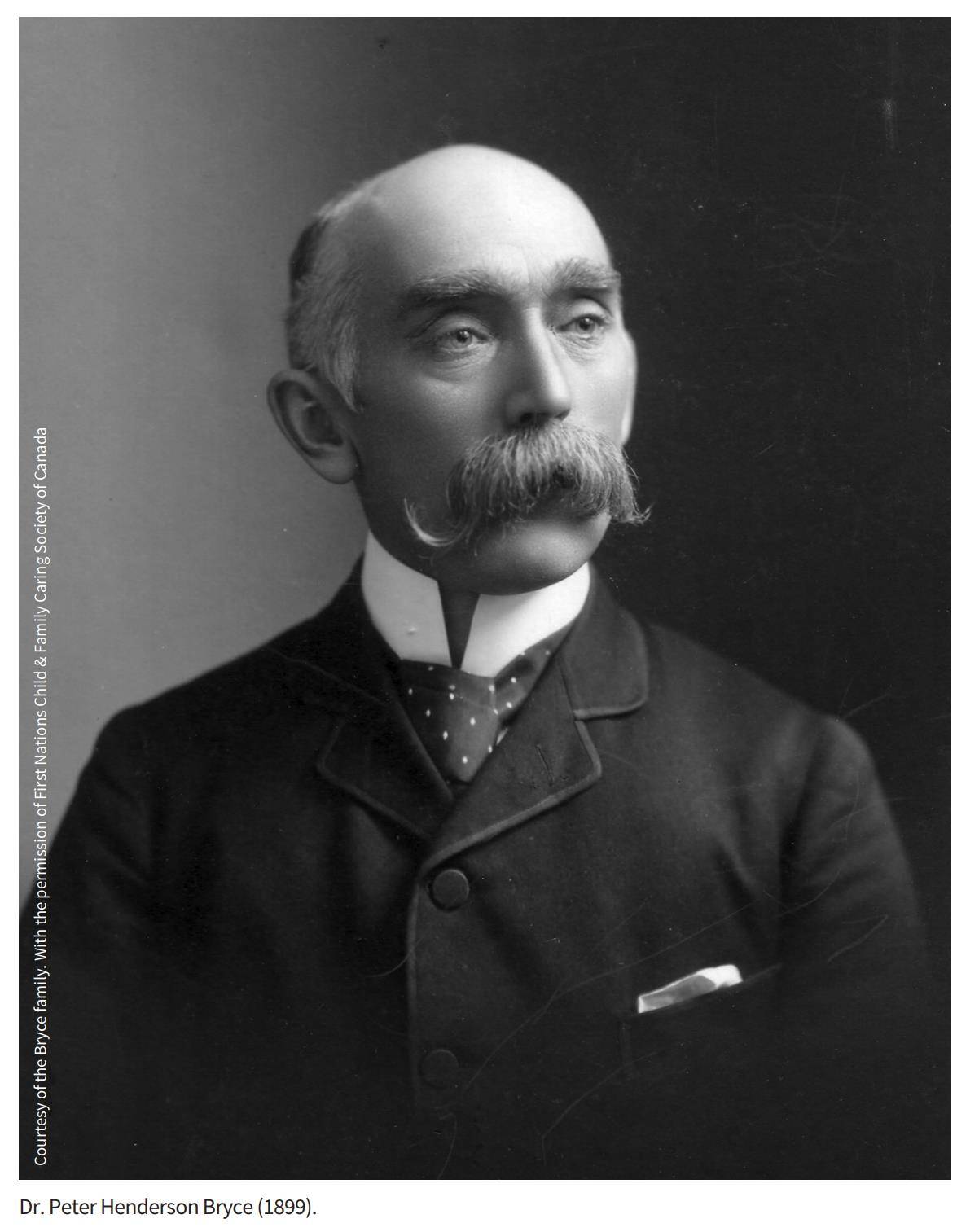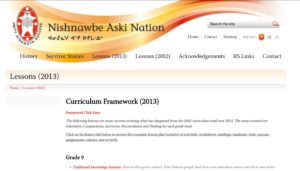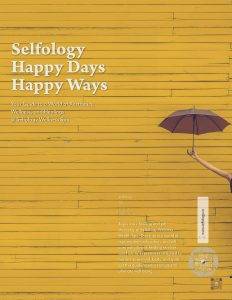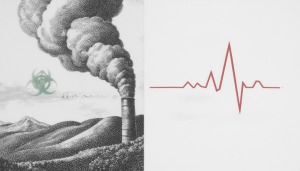Finding Heart

Media Reactions
A Guide to Apologies
During the time they operated residential schools, the churches explicitly supported the federal government’s assimilation goal in running the schools. Government paid for capital expenditures and staff salaries through operating grants; the churches had responsibility for the day to day atmosphere and school activities. After 1969, the churches withdrew from running the schools and control passed to the federal government and individual bands.
Between 1986 and 1994, the church orders involved in running the residential schools apologized for their role in imposing a world view that considered Aboriginal culture inferior. They accepted their role in the deliberate policy to assimilate Aboriginal people—something the federal government has so far failed to do. They repented for the grief and suffering that took place in the schools they operated, and the break with traditional spirituality.rschools.nan.on.ca
The Apology Legislation
The crazy but true apology act, and other fun facts about Canada (trafalgar.com)
They have an apology act
Notoriously nice, Canadians are so polite that they had to introduce an Apology Act. In 2009, an act was passed which made apologies inadmissible in court. So, saying “sorry” meant “an expression of sympathy or regret” not “an admission of fault or liability in connection with the matter to which the words or actions relate.” Otherwise, there’d be a whole lot of Canadians in trouble.
CMPA – Will you be sorry for saying “I’m sorry”? (cmpa-acpm.ca)
Apology legislation
Most Canadian provinces and territories, with the exceptions of Québec and Yukon, have now adopted “apology legislation.”
One of the objectives of apology legislation is to reduce the concerns about the legal implications of making an apology. The protection afforded by the apology legislation is substantially similar among the different jurisdictions. It typically provides that an apology:
- does not constitute an admission of fault or liability
- must not be taken into consideration in determining fault or liability
- is not admissible as evidence of fault or liability
The protection extends both to legal proceedings before courts and proceedings before tribunals or quasi-judicial bodies, such as regulatory authority (College) disciplinary committees or coroners’ inquests.
An apology is generally defined in the statutes as encompassing an expression of sympathy and regret and a statement that one is sorry, or any other words or actions indicating contrition or commiseration, whether or not the words or actions admit or imply an admission of fault.
2015 Apologies
2021 Apologies
The Apology Legislation
The crazy but true apology act, and other fun facts about Canada (trafalgar.com)
They have an apology act
Notoriously nice, Canadians are so polite that they had to introduce an Apology Act. In 2009, an act was passed which made apologies inadmissible in court. So, saying “sorry” meant “an expression of sympathy or regret” not “an admission of fault or liability in connection with the matter to which the words or actions relate.” Otherwise, there’d be a whole lot of Canadians in trouble.
CMPA – Will you be sorry for saying “I’m sorry”? (cmpa-acpm.ca)
Apology legislation
Most Canadian provinces and territories, with the exceptions of Québec and Yukon, have now adopted “apology legislation.”
One of the objectives of apology legislation is to reduce the concerns about the legal implications of making an apology. The protection afforded by the apology legislation is substantially similar among the different jurisdictions. It typically provides that an apology:
- does not constitute an admission of fault or liability
- must not be taken into consideration in determining fault or liability
- is not admissible as evidence of fault or liability
The protection extends both to legal proceedings before courts and proceedings before tribunals or quasi-judicial bodies, such as regulatory authority (College) disciplinary committees or coroners’ inquests.
An apology is generally defined in the statutes as encompassing an expression of sympathy and regret and a statement that one is sorry, or any other words or actions indicating contrition or commiseration, whether or not the words or actions admit or imply an admission of fault.
Media Reactions
Kamloops band ‘deeply disturbed’ by vandalism of church – BC Catholic – Multimedia Catholic News
“Graffiti reading “banished,” “evicted,” and “crime scene” was found spray painted on the walls of St. Joseph’s May 31. An “X” was on the front doors.”
Social Media Wise
IRSSS is a BC-wide organization dedicated to providing emotional support & services to Indian Residential School Survivors & Intergenerational Survivors. We also are expanding to assist those impacted by Indian Day Schools, MMIWG and the 60's Scoop. Info: https://t.co/xIdF8NEm1s
— IRSSS (@IRSSurvivor) February 1, 2021
Bookmarkable
Metro Vancouver Incinerator Health Alarm & River District Energy Cost Implications
Independent tests commissioned by CAPE‑BC detected toxic equivalency of 44 pg/g of dioxins and furans in
Market Dynamics Through the Lens of Primate Behavior and Government Influence
Even in the animal kingdom, behaviors emerge that seem to defy strict logical utility yet
Banksters, Bankruptcy Loopholes and Beyond: Unpacking Canada’s Financial Maze
This article delves into the complexities of the Canadian financial and legal systems, from unethical






























